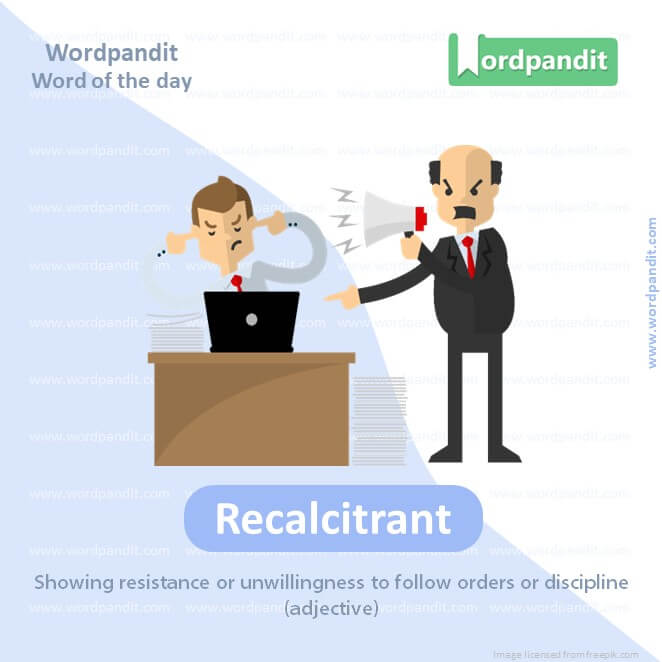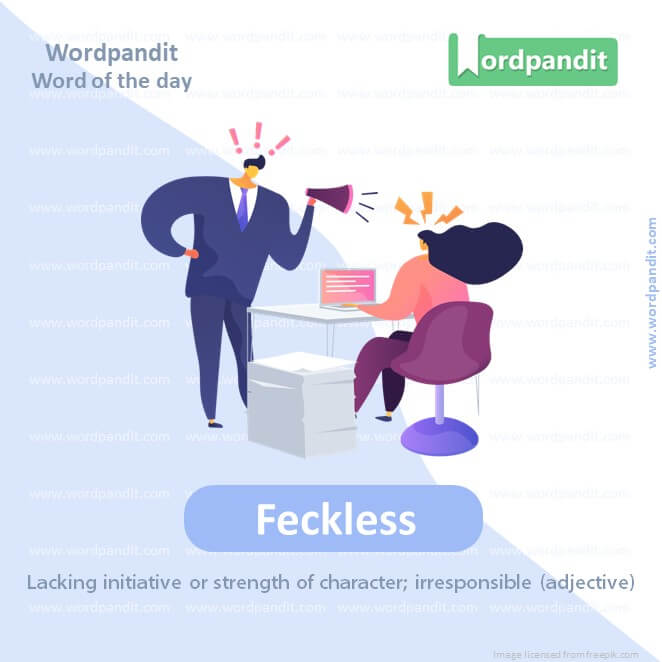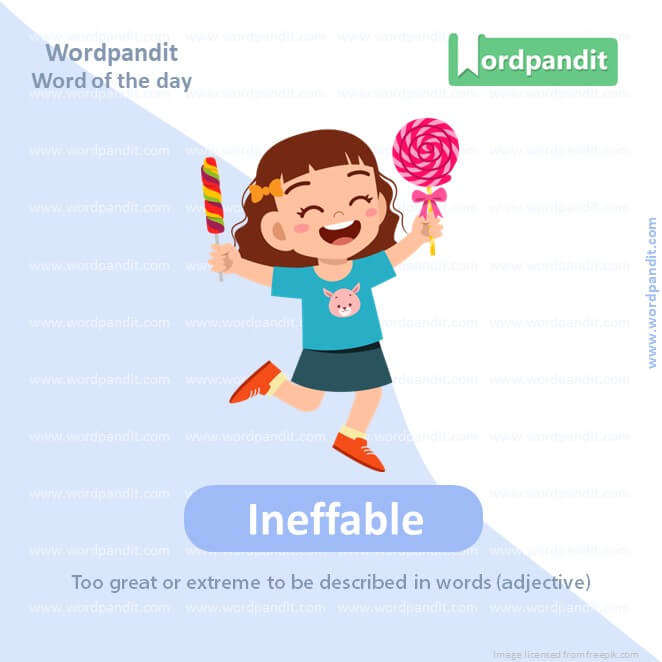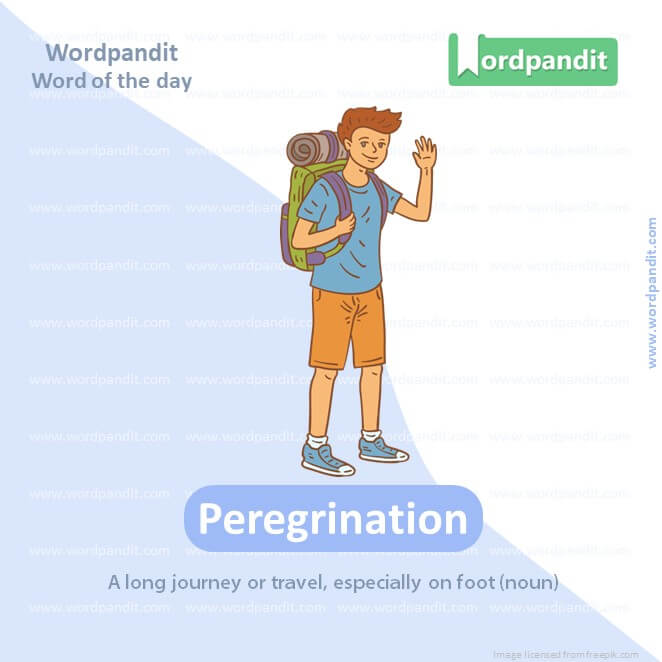Daily Vocabulary Words: List of Daily Used Words in Leading International Newspapers
Hi there. Welcome to this special section @ Wordpandit.
Our endeavour here is very simple: to highlight important daily vocabulary words, which you would come across in leading newspapers in the country. We have included the following newspapers in our selection:
• The New York Times
• The Washington Post
• Scientific American
• BBC
• The Guardian
• Psychology Today
• Wall Street Journal
• The Economist
We are putting in extensive work for developing your vocabulary. All you have got to do is be regular with this section and check out this post on a daily basis. This is your repository of words that are commonly used and essentially, we are posting a list of daily used words. Hence, this has significant practical application as it teaches you words that are used commonly in leading publications mentioned above.
Visit the website daily to learn words from leading international newspapers.

WORD-1: Recalcitrant
CONTEXT: The government faced a recalcitrant opposition that refused to support the proposed reforms.
SOURCE: Al Jazeera
EXPLANATORY PARAGRAPH: Imagine you ask your toy to move and it just sits there, refusing to budge. The toy is being stubborn, just like when someone doesn’t want to do what they’re told. That’s what recalcitrant means – when someone or something doesn’t want to follow rules or orders.
MEANING: Showing resistance or unwillingness to follow orders or discipline (adjective).
PRONUNCIATION: Reh-KAL-si-trant
SYNONYMS: Stubborn, rebellious, obstinate, defiant, unruly
USAGE EXAMPLES:
1. The recalcitrant child refused to do his homework.
2. Training the recalcitrant puppy was a real challenge.
3. The teacher had difficulty managing the most recalcitrant students in the class.
4. The mayor faced recalcitrant opposition when trying to implement the new law.

WORD-2: Feckless
CONTEXT: Critics argue that the administration’s feckless approach to foreign policy has diminished the country’s global standing.
SOURCE: New York Times
EXPLANATORY PARAGRAPH: Imagine someone who keeps forgetting their lunch, shoes, or homework. They just can’t seem to get things right or be responsible. That’s what feckless means – someone who’s not very responsible or effective.
MEANING: Lacking initiative or strength of character; irresponsible (adjective).
PRONUNCIATION: FECK-less
SYNONYMS: Ineffective, careless, lazy, unreliable, useless
USAGE EXAMPLES:
1. His feckless approach to the job led to many mistakes.
2. She criticized her brother as feckless for forgetting to pay the bills.
3. The feckless student always missed his deadlines.
4. Many blamed the team’s loss on the feckless decisions of the coach.

WORD-3: Ineffable
CONTEXT: The painting evoked an ineffable sense of beauty, leaving many museum-goers in awe.
SOURCE: Al Jazeera
EXPLANATORY PARAGRAPH: Have you ever felt so happy or amazed that you just couldn’t find the words to describe it? That feeling is called ineffable – when something is so special or wonderful that words can’t explain it.
MEANING: Too great or extreme to be described in words (adjective).
PRONUNCIATION: In-EFF-uh-bull
SYNONYMS: Indescribable, unspeakable, unutterable, beyond words, amazing
USAGE EXAMPLES:
1. The beauty of the sunset was ineffable.
2. Her voice had an ineffable quality that moved everyone.
3. The joy of seeing his newborn child was ineffable for him.
4. The ineffable magic of the concert stayed with them for days.

WORD-4: Peregrination
CONTEXT: The journalist’s peregrination across war-torn regions provided a deep insight into the complexities of local politics.
SOURCE: Washington Times
EXPLANATORY PARAGRAPH: Imagine going on a long adventure, traveling from place to place, seeing lots of new things. That big adventure trip is called peregrination – a fancy word for a long journey or trip, especially by foot.
MEANING: A long journey or travel, especially on foot (noun).
PRONUNCIATION: Per-eh-gri-NAY-shun
SYNONYMS: Journey, voyage, expedition, odyssey, trek
USAGE EXAMPLES:
1. His peregrination across the desert lasted many weeks.
2. She wrote a book about her peregrinations in the Himalayas.
3. The ancient tradition involved a peregrination to sacred sites.
4. His peregrinations took him to remote parts of the world.

WORD-5: Sycophantic
CONTEXT: The leader’s inner circle was often criticized for its sycophantic tendencies, rarely challenging his decisions.
SOURCE: New York Times
EXPLANATORY PARAGRAPH: Imagine someone always saying nice things to the teacher, not because they really mean it, but because they want to be the teacher’s favorite. That person is being sycophantic – they’re acting super nice to get something they want.
MEANING: Acting overly flattering to gain favor or advantage from someone (adjective).
PRONUNCIATION: Sick-o-FAN-tic
SYNONYMS: Fawning, obsequious, servile, brown-nosing, bootlicking
USAGE EXAMPLES:
1. The employee’s sycophantic behavior was obvious to everyone.
2. She disliked the sycophantic compliments from her colleagues.
3. The actor was surrounded by sycophantic fans.
4. Politicians often have to deal with sycophantic supporters.
WORD-6: Profligate
CONTEXT: in the op-ed, the writer criticized the profligate spending habits of the city council, especially in light of the ongoing fiscal crisis.
SOURCE: New York Times
EXPLANATORY PARAGRAPH: Imagine someone spending all their money on toys and candy without thinking about saving any of it. That’s being profligate – when someone wastes a lot, especially money, or behaves badly.
MEANING: Recklessly extravagant or wasteful; immoral or degraded behavior (adjective/noun).
PRONUNCIATION: PROF-li-gate
SYNONYMS: Wasteful, extravagant, spendthrift, imprudent, prodigal
USAGE EXAMPLES:
1. His profligate spending led him into debt.
2. The emperor’s profligate lifestyle was known throughout the kingdom.
3. She was known for her profligate habits at parties.
4. Critics called the government’s program a profligate waste of taxpayers’ money.
WORD-7: Pernicious
CONTEXT: The spread of fake news has had a pernicious impact on public trust in media institutions.
SOURCE: Washington Times
EXPLANATORY PARAGRAPH: Imagine something that seems okay at first but can cause harm or trouble over time. That’s pernicious – something that’s harmful, especially in a way that’s not easily seen at first.
MEANING: Having a harmful effect, especially in a gradual way (adjective).
PRONUNCIATION: Per-NISH-us
SYNONYMS: Harmful, damaging, destructive, injurious, malicious
USAGE EXAMPLES:
1. Smoking has a pernicious effect on health.
2. The pernicious rumors damaged her reputation.
3. The policy had a pernicious impact on the environment.
4. Many are worried about the pernicious influence of violent video games on children.
WORD-8: Obfuscate
CONTEXT: Activists accused the corporation of trying to obfuscate the environmental damage caused by its operations.
SOURCE: Al Jazeera
EXPLANATORY PARAGRAPH: Imagine trying to look through a foggy window and everything is blurry. That’s what obfuscate means – to make something unclear or difficult to understand.
MEANING: To make something unclear or confusing (verb).
PRONUNCIATION: OB-fus-kate
SYNONYMS: Confuse, blur, cloud, muddle, complicate
USAGE EXAMPLES:
1. The contract was filled with legal jargon to obfuscate the true intentions.
2. Politicians sometimes obfuscate the truth to avoid answering directly.
3. The report was obfuscated with technical terms.
4. She accused him of trying to obfuscate the real issues.
WORD-9: Inchoate
CONTEXT: The rebel movement, still inchoate, struggled to find a unified voice amidst its diverse factions.
SOURCE: Al Jazeera
EXPLANATORY PARAGRAPH: Imagine building a sandcastle, but you’ve only just started, and it’s not yet fully formed. That’s inchoate – when something is just beginning or not yet fully developed.
MEANING: Just begun and not yet fully formed or developed (adjective).
PRONUNCIATION: In-KOH-it
SYNONYMS: Early, undeveloped, unformed, nascent, embryonic
USAGE EXAMPLES:
1. Her idea was still inchoate and needed more thought.
2. The plans for the project are in an inchoate stage.
3. He expressed his inchoate thoughts on the subject.
4. Their partnership was still inchoate, but they had high hopes.
WORD-10: Desultory
CONTEXT: The peace talks were desultory, with neither side showing genuine commitment to finding a resolution.
SOURCE: Al Jazeera
EXPLANATORY PARAGRAPH: Imagine you’re trying to read a book, but you keep getting distracted by other things and jump from topic to topic without a clear plan. That’s desultory – when you do something without a clear plan or purpose, jumping around.
MEANING: Lacking a plan or purpose; moving from one thing to another in a half-hearted way (adjective).
PRONUNCIATION: DES-ul-tor-ee
SYNONYMS: Aimless, random, casual, erratic, haphazard
USAGE EXAMPLES:
1. The meeting was desultory, with no clear agenda.
2. His desultory reading habits made it hard for him to finish a book.
3. They had a desultory conversation over coffee.
4. She gave the task a desultory effort and quickly lost interest.
vocabulary learning techniques
The gift of language lies not just in the syntax or grammar but majorly thrives on a rich repository of words- the vocabulary. Hence, the importance of vocabulary learning techniques is monumental in language acquisition. These techniques act as catalysts, accelerating the process of language learning, and seamlessly integrating new words into our daily discourse.
The first vital point in mastering vocabulary learning techniques is understanding its purpose. These strategies not just help one in memorizing an array of new words, but also assist in using them appropriately in different contexts. It broadens communication skills and creates a roadmap to better expression of thoughts and ideas.
One of the most commonly employed and impactful vocabulary learning techniques is the usage of flashcards. Flashcards offer visual stimulus which aids in imprinting the word and its meaning more effectively in our minds. Regular practice with flashcards helps cultivate language fluency over time.
Another crucial technique is to learn words in context. This simply means learning a word by associating it with a particular sentence, paragraph or story. This context-based approach remarkably boosts our understanding of the nuanced use of vocabulary in varying scenarios.
Moreover, incorporating digital tools or language learning apps can be an effective method in our vocabulary learning techniques kit. These platforms provide interactive learning experiences with gamified vocabulary exercises, making the learning process greatly enjoyable and engaging.
Finally, regular revision is a cornerstone of these vocabulary learning techniques. Repeated revisions ensure that the learned words do not slip away and rather, become firmly anchored in our memory.
Indeed, vocabulary learning techniques are much more than mere memorization strategies. They nurture linguistic competence, expanding expressive capabilities and fostering effective communication. Hence, investing time in understanding and practicing these vocabulary learning techniques can pay rich dividends in enhancing one’s language proficiency.











